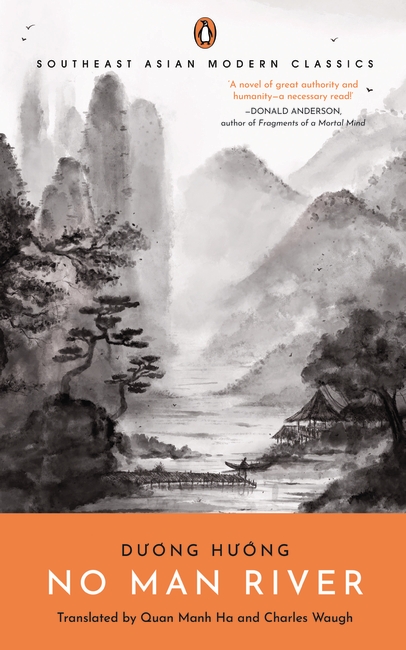
Undeniably one of Vietnam’s most beloved stories, Duong Huong’s No Man River is a novel about the homefront during the American War and its aftermath. Awarded the Vietnam Writers’ Association’s most prestigious prize in 1991—the same year Bao Ninh’s The Sorrow of War was published—it has been translated into many languages, and twice been adapted into film. It tells the story of a village in northern Vietnam that must send its men to fight, but at the same time continue the communist revolution’s transformation of their society. An injured but idealistic veteran of the war against the French named Van hopes to create a modern society in which everyone will live in harmony, but first he must overcome the superstition and prejudices still held by his community. He must also keep secret his love for the village beauty, Nhan—the widow of his dearest fallen comrade. Complications arise when his nephew marries Nhan’s daughter, Hanh, just before he leaves to fight in the South. Parents long for the return of their sons. Wives and children anxiously await the return of their husbands and fathers. Resisting the socialist revolutionary notion that war is glorious or heroic, No Man River presents an innovative portrait of wartime and postwar village life that tells the story of the countless Vietnamese who carried not only the burden of war, but also all the tribulations of forging of a new society during the most tumultuous time in modern Vietnamese history.
Published: May/2025
ISBN: 9789815233834
Length: 248 Pages